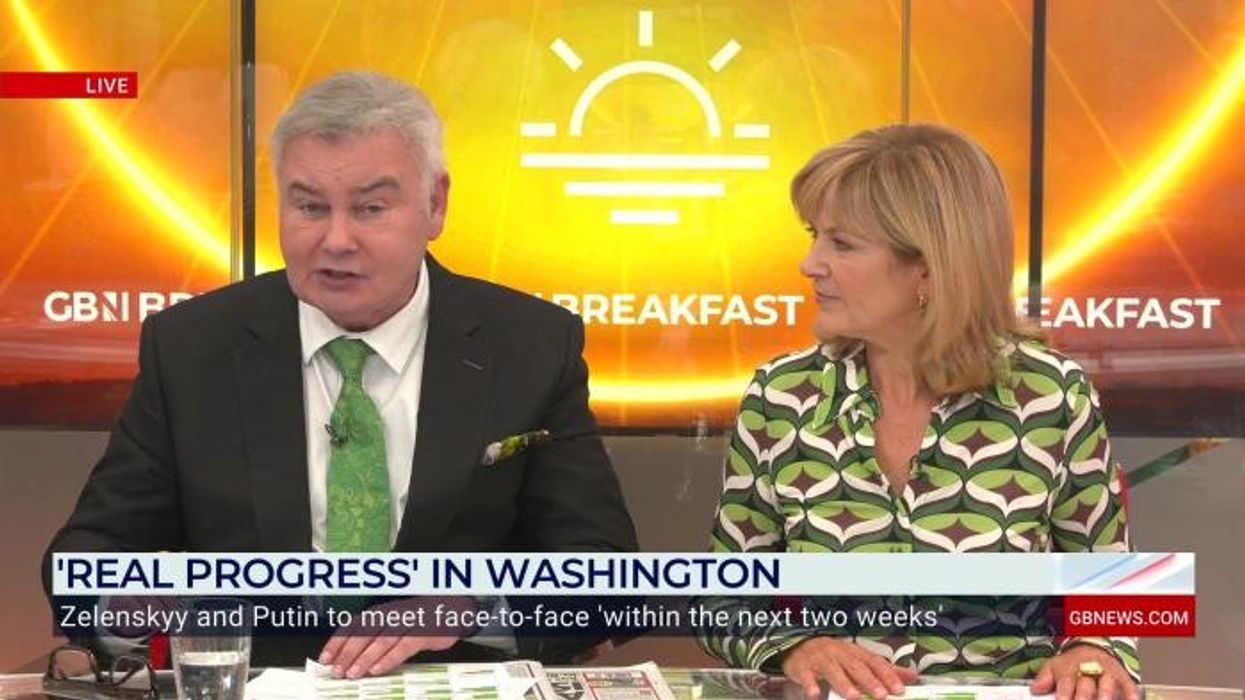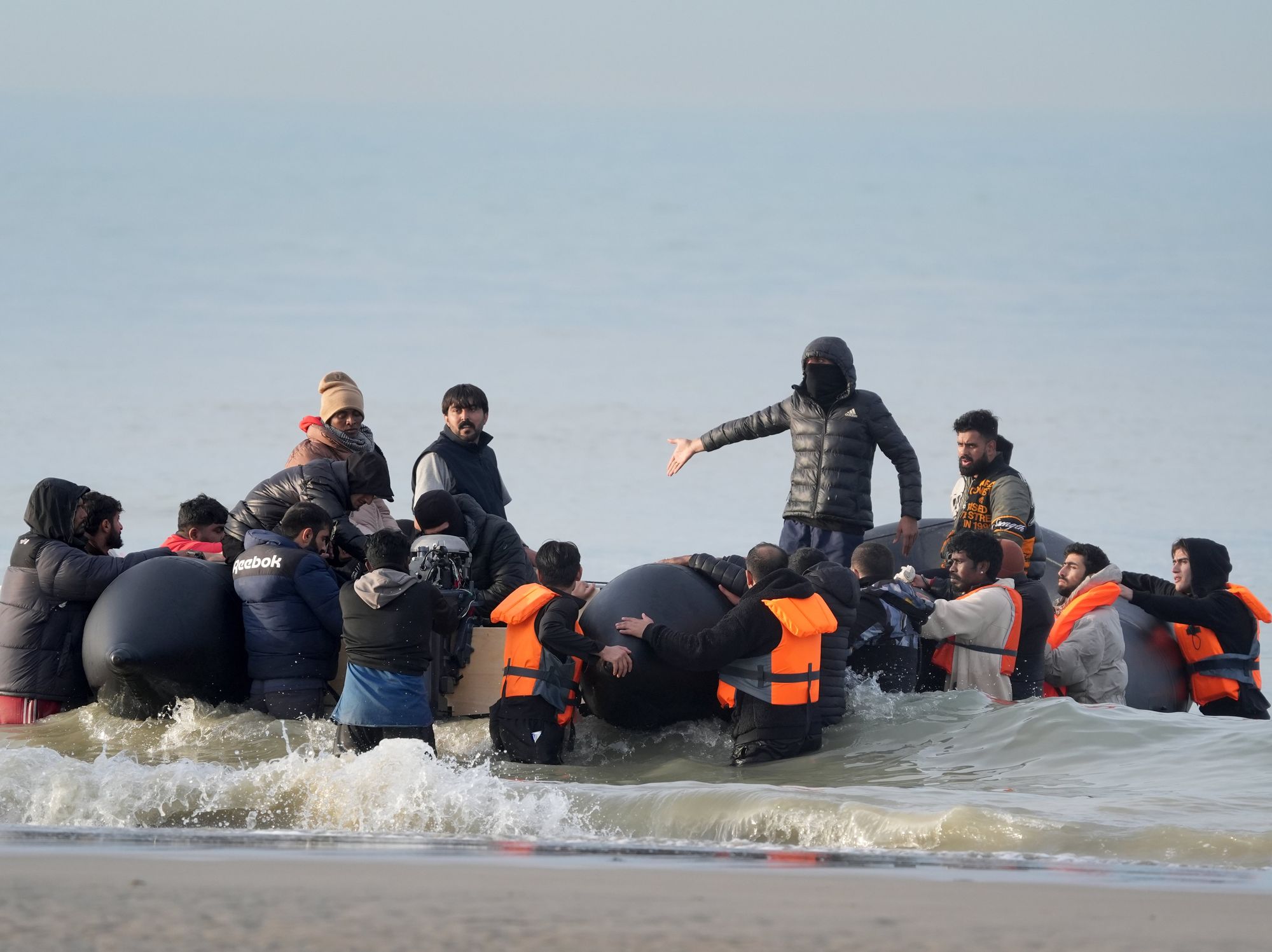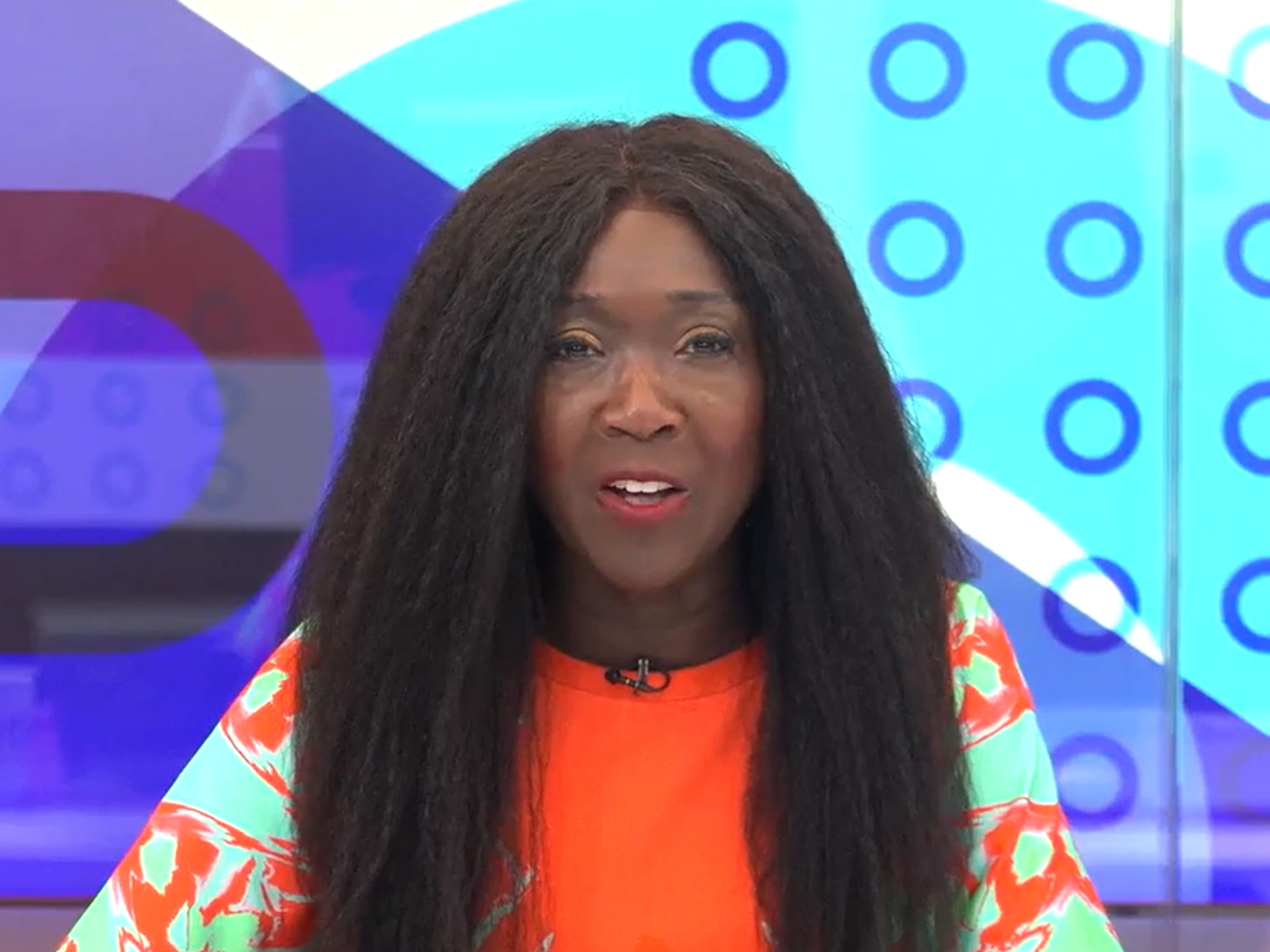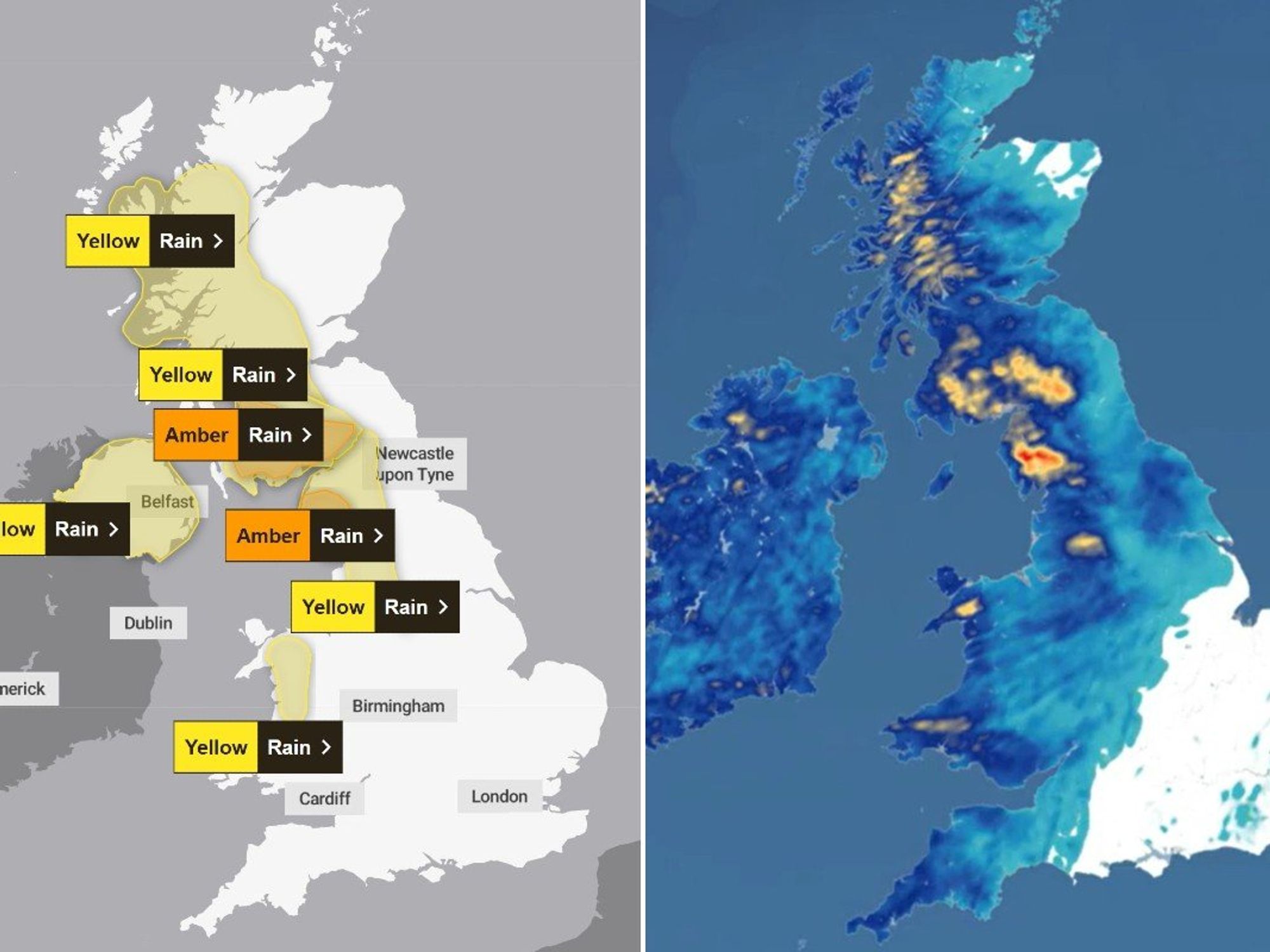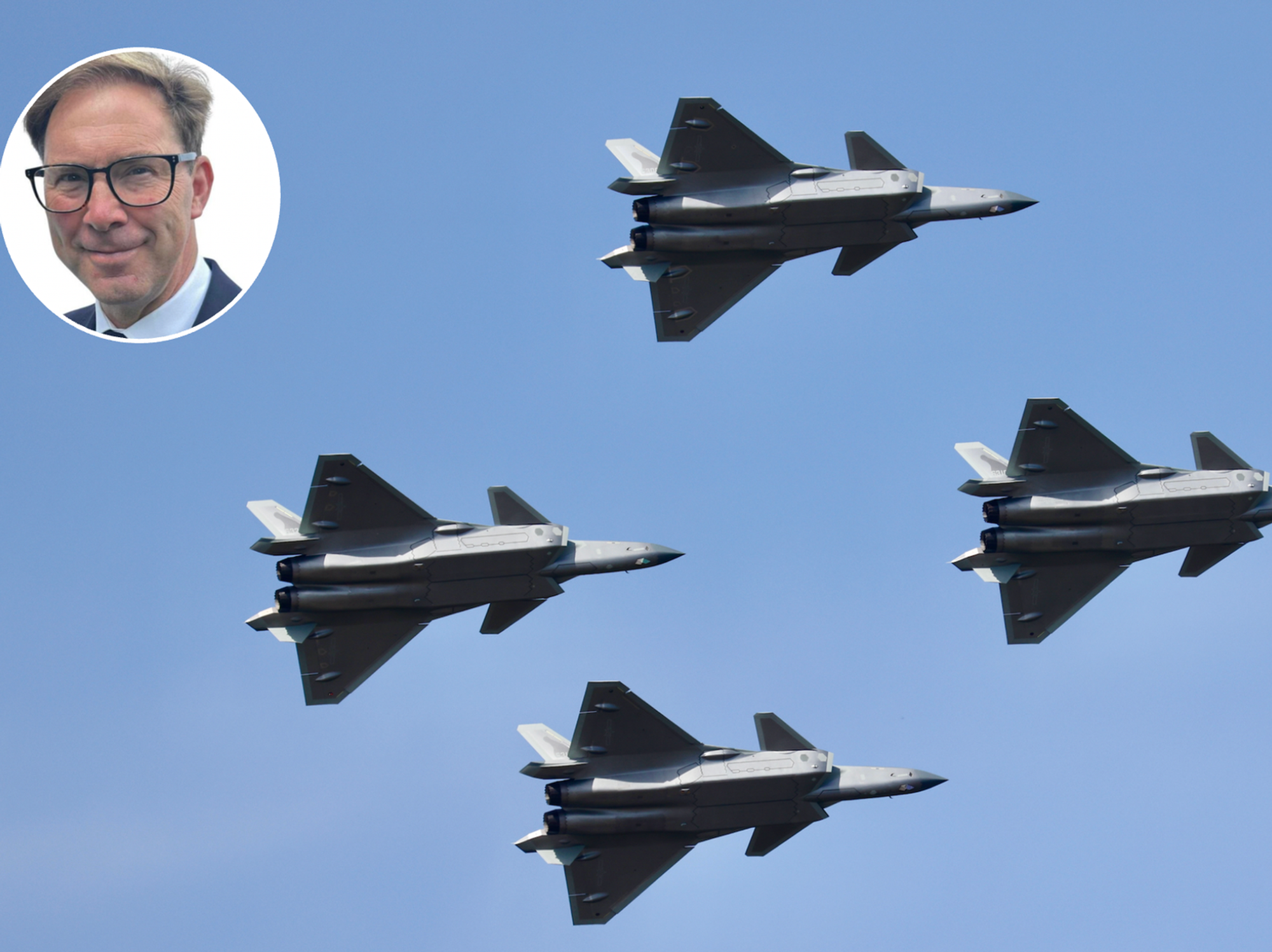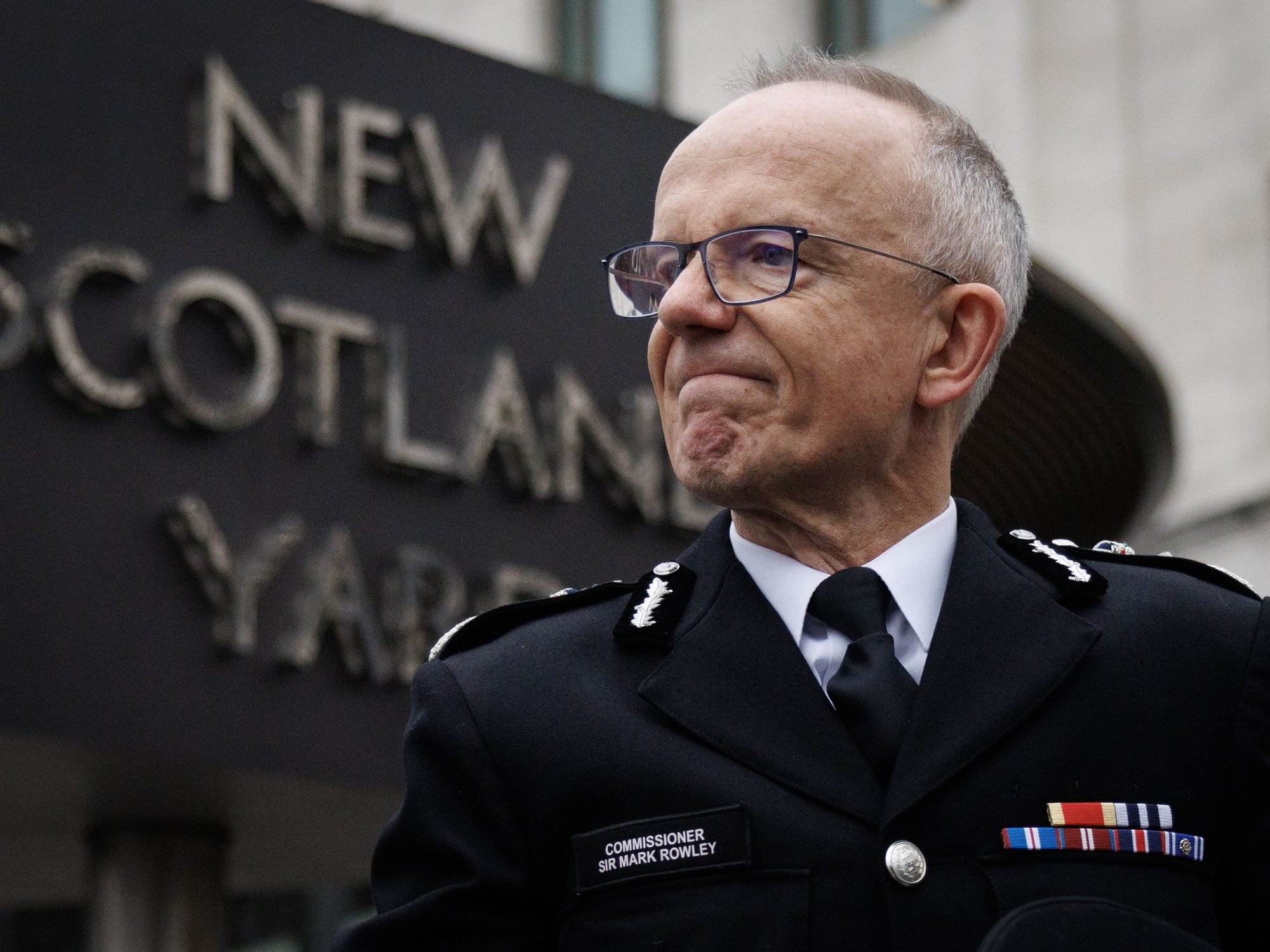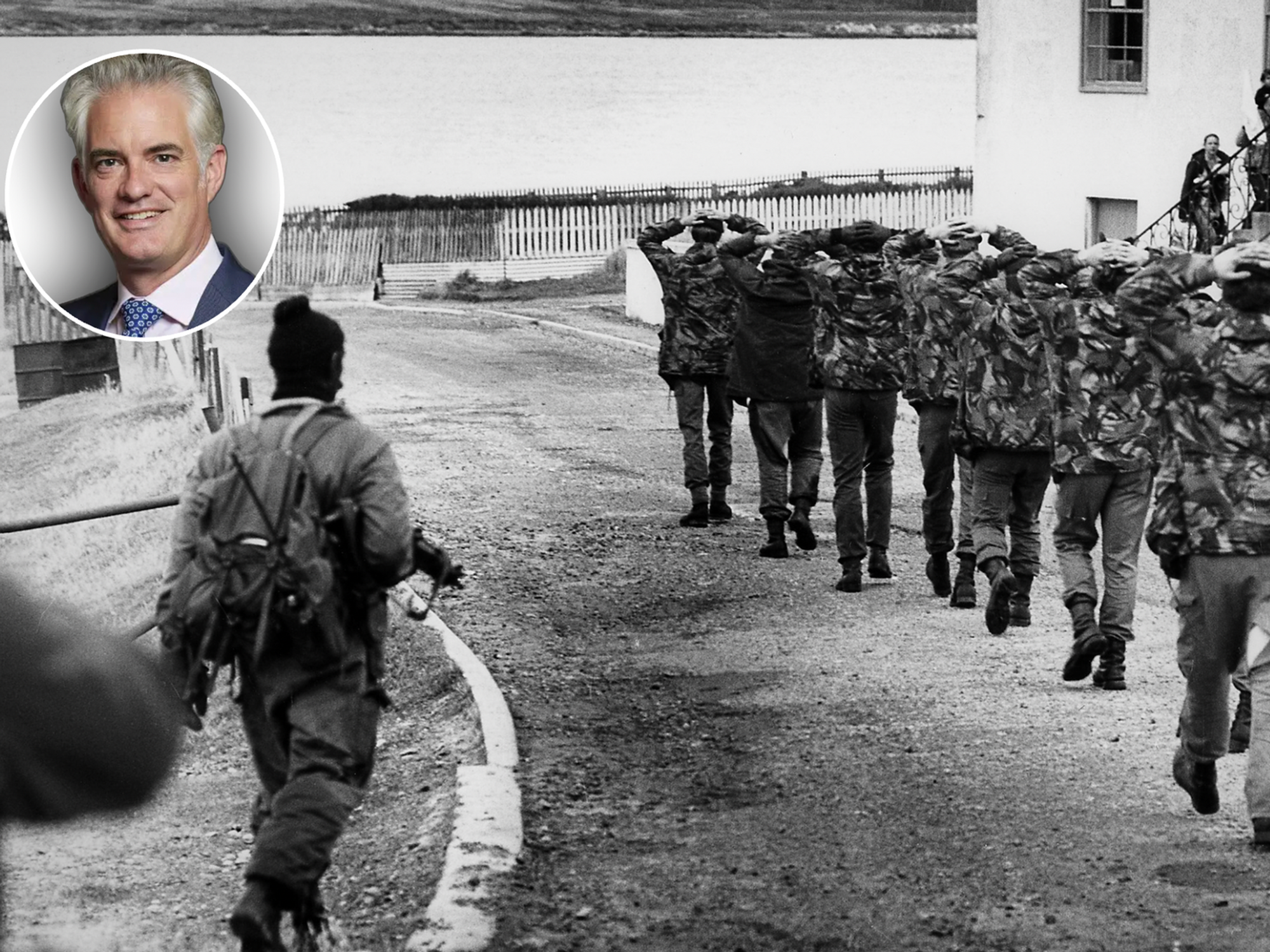Behind the smiles in Washington lies a dangerous new dimension in Putin's chess game - Tobias Ellwood
Donald Trump's pre-election promises to “end the war” now look naïve
Don't Miss
Most Read
Trending on GB News
Expectations in Washington were sky-high. This was either going to be game-changing – another fall of the Berlin Wall moment, turning the course of history - or a complete train crash: a breakdown between Europe and America on how to handle Putin. No ceasefire. No deal.
In the end, it was neither. Simply an agreement to organise another summit: a trilateral with Ukraine, Russia, and America. Where the stakes will be even higher.
On the plus side, Monday’s talks, bringing together European voices with the United States to work out differences, were not just unprecedented but invaluable.
**ARE YOU READING THIS ON OUR APP? DOWNLOAD NOW FOR THE BEST GB NEWS EXPERIENCE**
And it should have happened years ago. Zoom does not suffice. Since the end of the Cold War, a clear sense of purpose in what Europe stands for has been absent, reflected in diminished defence spending.
Ever since Russia’s invasion in February 2022, there’s been much talk of supporting Ukraine (“we will do all that we can”), only for endless debates about how provocative it might be to send more lethal weapons, fearing we might spook Putin into going nuclear.
We had lost our Cold War statecraft: the ability to look our adversary in the eye, not blink, and understand the rungs of the escalatory ladder.
Europe’s renewed focus on its own security, reflected in rising collective defence spending, is now clear to see. So too is the political resolve to prevent Putin from emulating his hero Stalin and rekindling Russian influence across Eastern Europe.
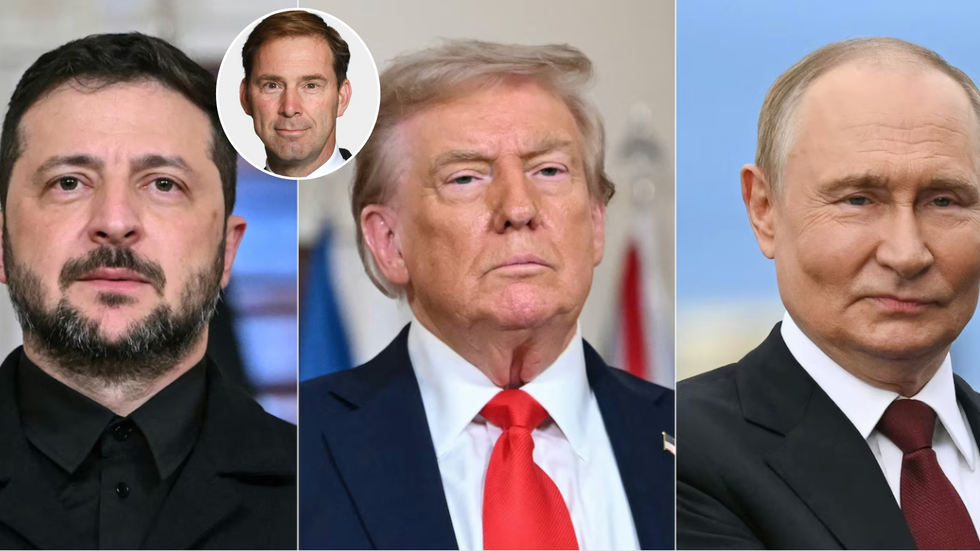
Behind the smiles in Washington lies a dangerous new dimension in the Putin's chess game - Tobias Ellwood
|Getty Images
On the minus side, America still believes Putin can be trusted. That there is a deal to be had - even without a ceasefire. That this is just about Ukraine. End the war with a land swap, and all will be well.
Europe knows better. In Russia’s mindset, dating back to Ivan the Terrible, the way to defend is to attack. Ivan went East, Peter the Great went North, Catherine the Great went South, and Stalin, of course, went West.
The Russian people have long accepted this strategy, recognising it often involves hardship (and body bags) on a scale no Western nation might tolerate.
Trump’s pleasantries in describing Putin as his friend, underlined by the red-carpet treatment in Alaska, expose a dangerous dimension to this live chess game. His pre-election promises to “end the war” now look naïve.
Neither side is decisively winning on the battlefield, but neither is willing to concede. Trump’s Oval Office berating of President Zelensky - “you don’t have the cards” - revealed his true view: he just wants out.
And this is the danger for Europe. If the next trilateral summit fails, Trump can say: “I tried my best – I tried to knock heads together, but I’m done”.
With that, he would be free to develop a transactional relationship with Russia - not least over minerals.
History shows that when America and Europe are not on the same page, the world becomes more dangerous. And it’s not just Russia that takes advantage of a divided West.
The courtesies and mutual congratulations in Washington, including from Trump, suggest there may be a new respect for Europe’s position: that appeasing bullies, handing over land, and rewarding aggression is folly. It did not work in 1938.
Aggressors should be punished, not feted. Invaded sovereign states should be supported, not dismembered. A deal to hand over the Donbas — even if the rest of Ukraine gains some form of NATO cover — would simply pause the war. Russia would re-arm, re-group, and return in a few years. That is the Russian way.
The clock to explain this to Trump is now ticking.
More From GB News


